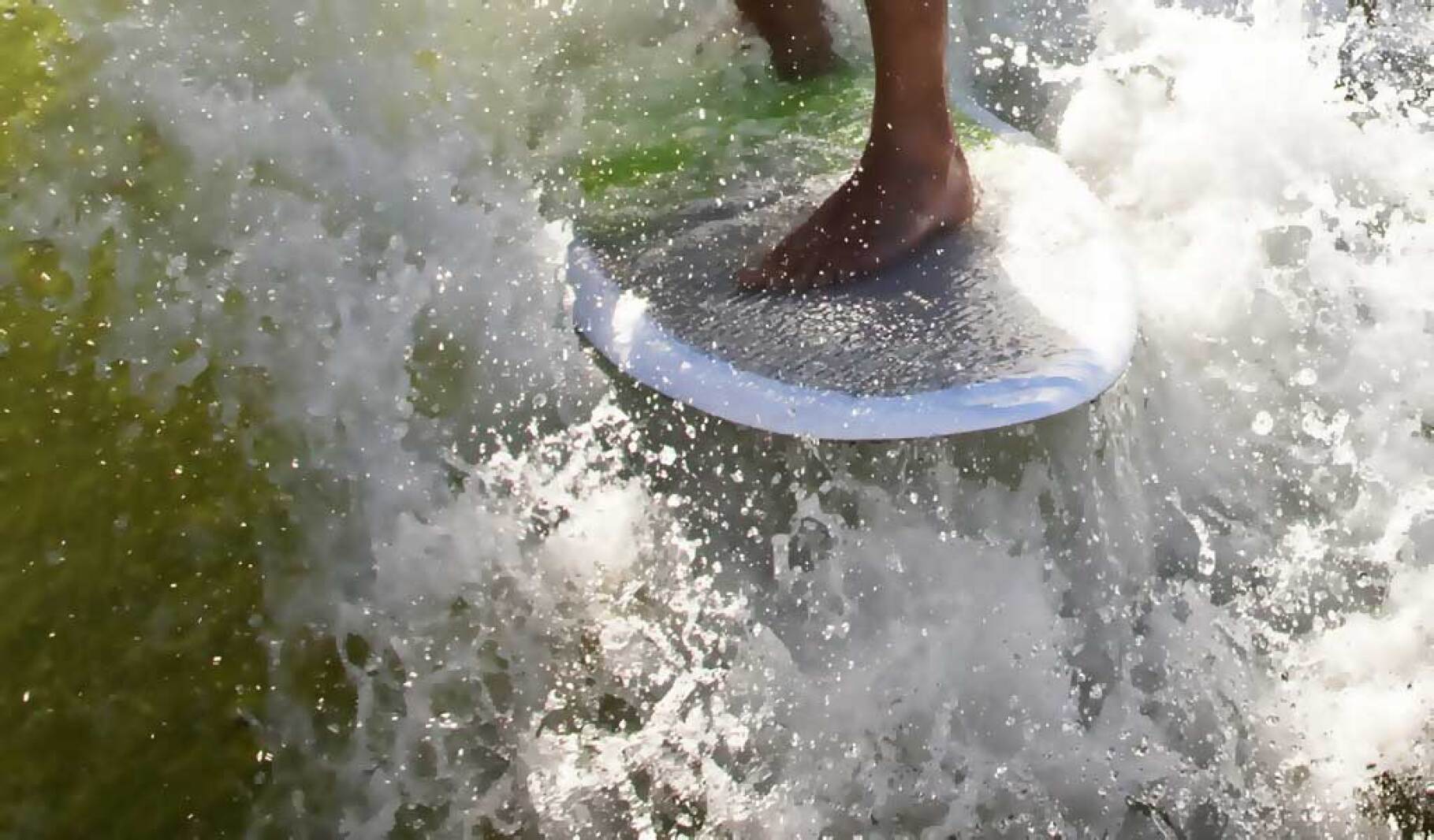Lake Associations Push for Wake Boat Regulations to Protect Environment
Becker County lake associations are seeking new regulations for wake boats to protect lake environments, backed by University of Minnesota research showing potential environmental impacts.

Wake boat creating waves on a Minnesota lake as environmental concerns prompt new regulation proposals
Several Becker County lake associations in Minnesota are advocating for new surface use ordinances to regulate wake boats, highlighting growing environmental concerns about water recreation impact. The initiative, focused on Fox Lake, Big Sugar Bush Lake, and Pickerel Lake, seeks to establish specific operational guidelines for wake boats in surf mode.
Scientific Research Supports Environmental Concerns
Research from the University of Minnesota's St. Anthony Falls Labs reveals critical safety parameters for wake boats. The study, similar to findings that have influenced environmental impact assessments in other regions, indicates that wake boats in surfing mode should maintain:
- Minimum water depth of 20 feet
- Minimum distance of 500 feet from shore
Regulatory Process and Stakeholder Involvement
Becker County Administrator Carrie Smith has coordinated with multiple stakeholders, including the Minnesota DNR and the Sheriff's Office, to establish a clear regulatory pathway. The process mirrors recent technological innovations in environmental monitoring and enforcement systems.
Proposed Regulation Framework
The initiative doesn't seek to ban wake boats entirely but rather to implement reasonable restrictions in sensitive areas. This approach aligns with modern water safety and conservation efforts seen across recreational activities.
"The DNR is neutral, but the topic does come up," notes Smith, highlighting the complex balance between recreation and conservation.
Challenges and Opposition
Commissioner Barry Nelson has expressed concerns about potential enforcement challenges and the precedent of multiple lake-specific ordinances. The county currently maintains one surface use ordinance on St. Clair Lake, specifically designed to protect anti-pollution treatments.
Rachel Whitman
Rachel L. Whitman is a political columnist and investigative journalist based in Washington, D.C. Her writing focuses on democratic resilience, civil rights, and the intersection of technology and public policy. With a background in law and public affairs, she brings sharp analysis and a deep commitment to progressive values.
